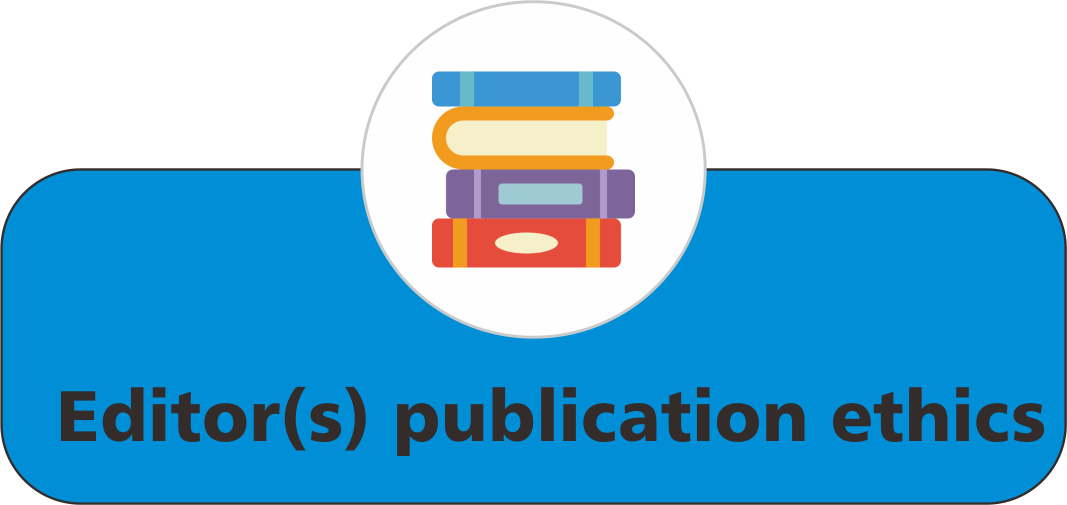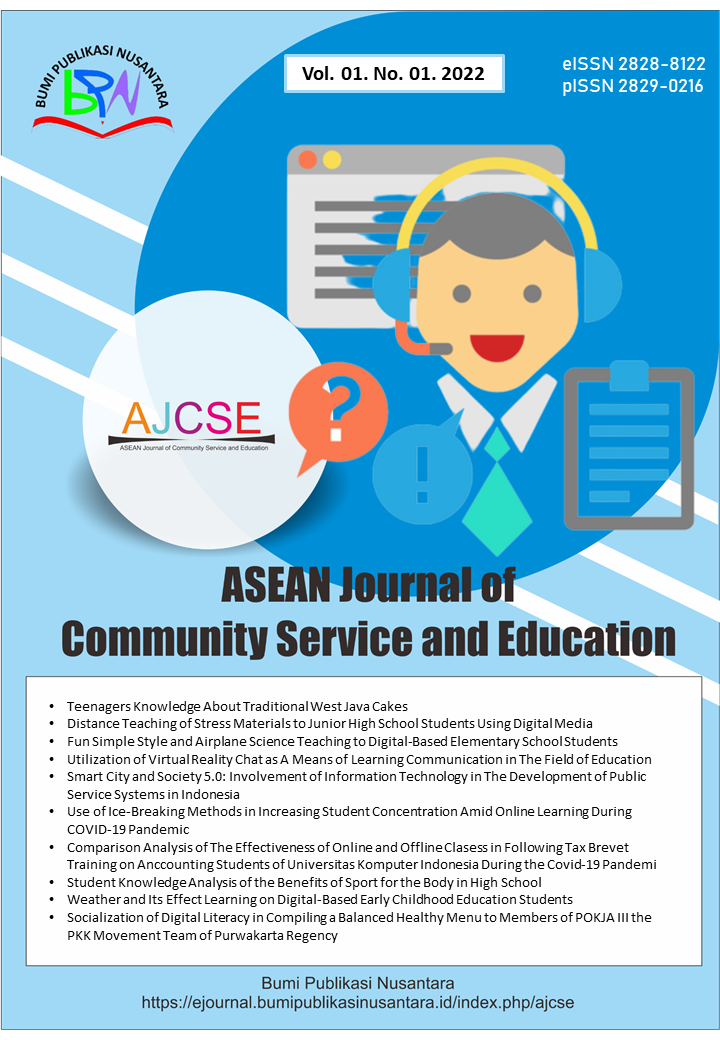Empowering Teachers through Digital Competency Training: A Community Service Initiative in Central Isulan District, Sultan Kudarat, Philippine
 ),
),
(1) Sultan Kudarat State University
 Corresponding Author
Corresponding Author
Abstract
Keywords
References
Buchmann, C., DiPrete, T. A., and McDaniel, A. (2018). Gender inequalities in education. Annual Review of Sociology, 34(1), 319–337.
Choi, H., and Kim, J. (2017). Digital competency and its impact on teaching effectiveness: A longitudinal analysis. Educational Technology Research and Development, 65(4), 869–892.
Ertmer, P. A., and Ottenbreit-Leftwich, A. T. (2013). Teacher technology change: How knowledge, confidence, beliefs, and culture intersect. Journal of Research on Technology in Education, 42(3), 255–284.
Ertmer, P. A., Ottenbreit-Leftwich, A. T., Sadik, O., Sendurur, E., and Sendurur, P. (2012). Teacher beliefs and technology integration practices: A critical relationship. Computers and Education, 59(2), 423–435.
Etikan, I., Musa, S. A., and Alkassim, R. S. (2016). Comparison of convenience sampling and purposive sampling. American Journal of Theoretical and Applied Statistics, 5(1), 1–4.
Fredricks, J. A., Wang, M. T., and Schallert, D. (2023). Engagement in education: Current developments in theory, research, and practice. Educational Psychologist, 58(1), 1–17.
Garrison, D. R., and Kanuka, H. (2004). Blended learning: Uncovering its transformative potential in higher education. The Internet and Higher Education, 7(2), 95–105.
Garrison, D. R., Anderson, T., and Archer, W. (2000). Critical inquiry in a text-based environment: Computer conferencing in higher education. The Internet and Higher Education, 2(2–3), 87–105.
Ifenthaler, D., and Yau, J. Y.-K. (2022). Digital teaching competence of educators—Technology acceptance and adoption. Education and Information Technologies, 27(4), 5179–5199.
Johnson, M., and Smith, T. (2020). Barriers to digital transformation in Philippine public schools: A rural perspective. Asia Pacific Journal of Education, 40(4), 563–578.
Koh, J. H. L., Chai, C. S., and Tsai, C. C. (2015). Examining the technological pedagogical content knowledge of Singapore pre-service teachers with a large-scale survey. Journal of Computer Assisted Learning, 31(6), 493–506.
Mishra, P., and Koehler, M. J. (2006). Technological pedagogical content knowledge: A framework for teacher knowledge. Teachers College Record, 108(6), 1017–1054.
Park, S., and Lee, H. (2021). Exploring the relationship between digital competence and teaching effectiveness: A meta-analysis. Education and Information Technologies, 26(5), 5349–5369.
Simonsen, B., Freeman, J., and Sugai, G. (2022). Effective classroom management: Evidence-based practices for student success. Preventing School Failure, 66(2), 89–98.
Teo, T., Fan, X., and Du, J. (2014). Technology acceptance among pre-service teachers: Does gender matter? Australasian Journal of Educational Technology, 30(3), 235–251.
Voogt, J., Fisser, P., Pareja Roblin, N., Tondeur, J., and van Braak, J. (2013). Technological pedagogical content knowledge – A review of the literature. Journal of Computer Assisted Learning, 29(2), 109–121.
Voogt, J., Fisser, P., Pareja Roblin, N., Tondeur, J., and van Braak, J. (2015). Integrating technology in teaching: The TPACK framework revisited. Journal of Educational Computing Research, 51(1), 1–20.
Wang, Y., and Lee, J. (2019). The impact of digital readiness on teaching performance in Southeast Asian schools. Educational Research for Policy and Practice, 18(1), 23–41.
Article Metrics
Abstract View : 223 times
: 223 times Download : 105 times
Download : 105 times
Refbacks
- There are currently no refbacks.
Copyright (c) 2025 Bumi Publikasi Nusantara

This work is licensed under a Creative Commons Attribution-ShareAlike 4.0 International License.







